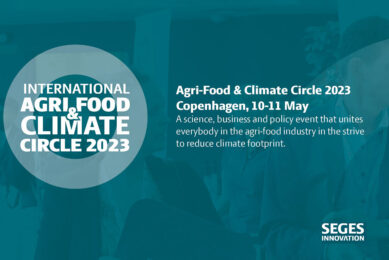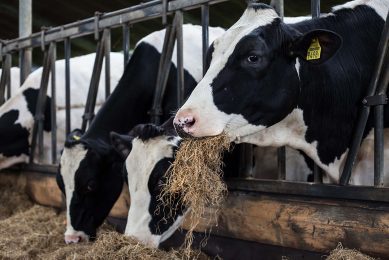“Copenhagen must reject proposals stopping forest conversion”
“Proposals at the UN Copenhagen Climate Change Conference that stop forest conversion will keep the world’s poor trapped in poverty”, said Tim Wilson, Director of the Climate and Trade Unit at the Australian Institute of Public Affairs from Copenhagen yesterday.
Wilson’s comments follow the special Copenhagen release of Palming off livelihoods?, that analyses anti-palm oil campaigns and finds that poverty and the desire of Asia’s poor for a sustainable livelihood is the root cause of deforestation.
The report has been released to coincide with the Copenhagen Conference to remind delegates of the potential impact bad climate change policies will have on the capacity of the world’s poor to lift themselves out of poverty.
Stop poverty
"Stopping deforestation is important to reduce global carbon emissions. But the evidence is clear that if you want to reduce environmental degradation the best option is poverty reduction by providing people the opportunity for a sustainable livelihood, especially in poor rural communities," Wilson said.
"Sustainable development is delivered through environmental, social and economically sustainable policy solutions, not cutting off people’s livelihoods".
"Millions of people are trapped in poverty in Asia, and they’re trying to improve their economic wellbeing, especially in rural communities through farming. Palm oil is grown because it is an efficient, high-yield, in-demand agriculture commodity that poor farmers can grow to lift themselves out of poverty".
"Palm oil is in high demand around the world, including in other poor countries. Reduced consumption in developed countries will only lead to increased availability and consumption in the developing world, but poor farmers will simply get a smaller return".
"If palm oil is blocked other lower yield seeds will simply be produced, and they’ll take up more land to produce less".
"If developed world activists want to attack the cause of deforestation and the loss of orang-utan populations they should attack poverty, not its solution – sustainable development", Wilson said.











